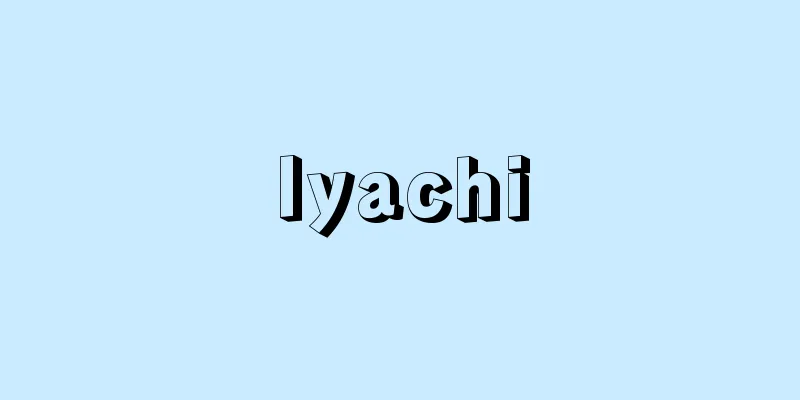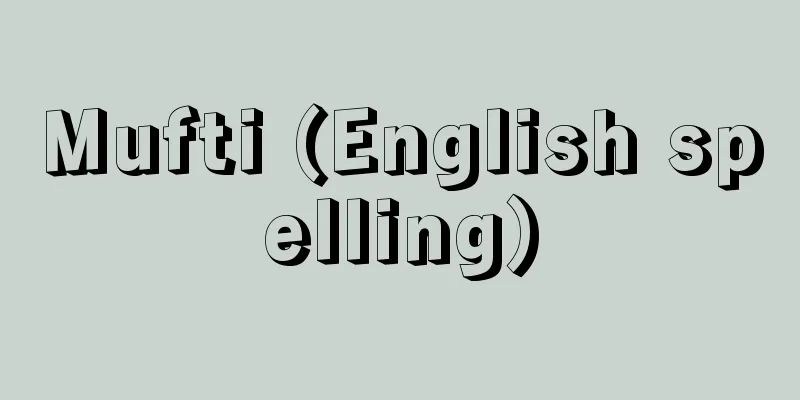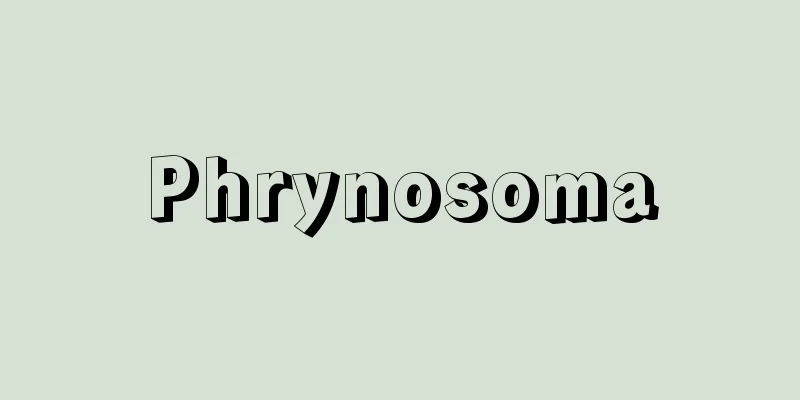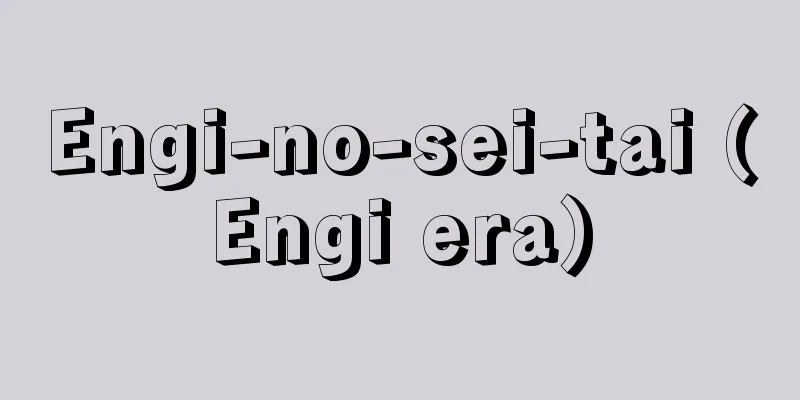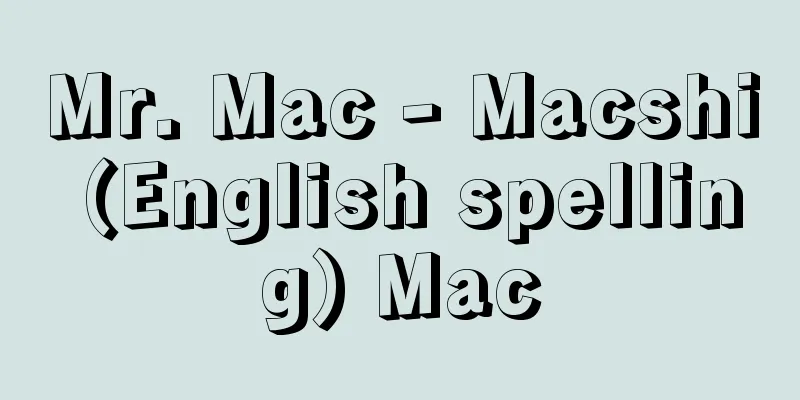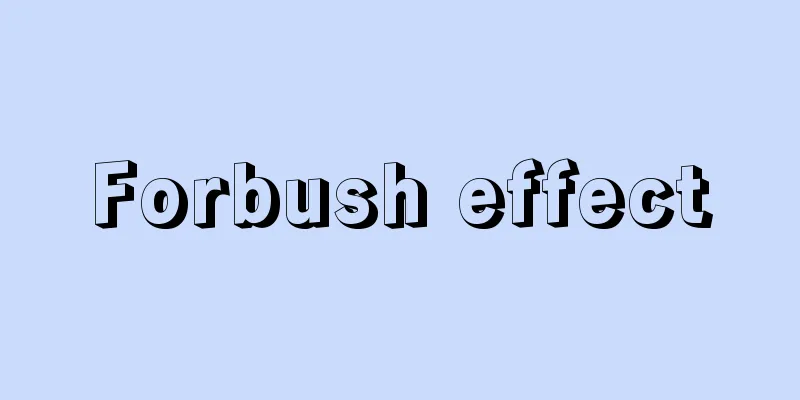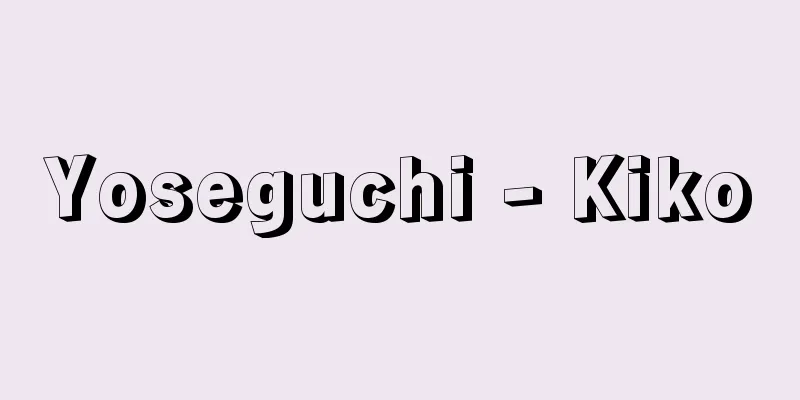Nuisance - New Sansu (English spelling) nuisance
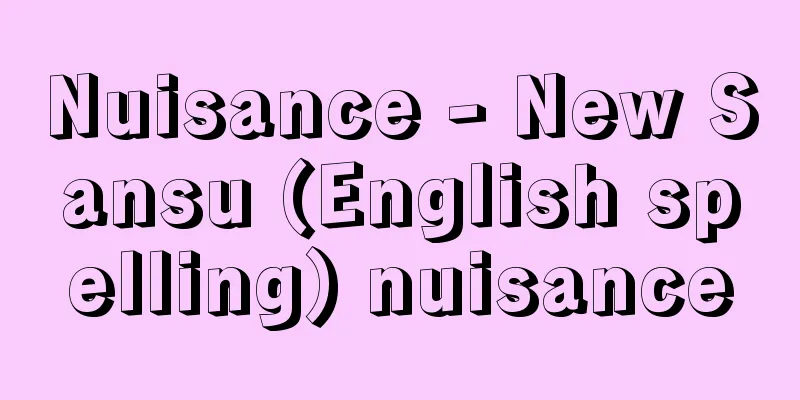
|
It refers to acts that infringe on the interests of others through smoke, sewage, noise, vibrations, bad odors, obstruction of sunlight, etc. Under the concept of Anglo-American law, it corresponds to pollution and disruption of life in Japan. In Anglo-American law, there are two types of nuisance: private nuisance and public nuisance. The former is an infringement of private interests and constitutes a tort, while the latter is an infringement of the public interest and constitutes a crime. However, even in the latter case, if a private individual can prove special damages, he or she can demand an injunction or compensation for damages. In Japan, too, the widespread infringement of others' interests through smoke, sewage, noise, etc. is called pollution, while small-scale harm to neighbors is called nuisance to life, and a distinction is made between the two, but this is a difference in degree, not quality. In Japan, except in cases of gross negligence, pollution and nuisance to life are dealt with under the general provisions of torts in Article 709 of the Civil Code (in the case of damages) and under real rights claims and personal rights (in the case of injunctive relief). For example, if noise disturbs your life, you can seek damages under Article 709, or seek an injunction by exercising real rights claims and personal rights, or both. [Takahisa Awaji] [Reference] |Source: Shogakukan Encyclopedia Nipponica About Encyclopedia Nipponica Information | Legend |
|
煤煙(ばいえん)、汚水、騒音、振動、悪臭、日照妨害などによって、他人の利益を侵害する行為をいう。英米法上の概念で、日本の公害・生活妨害にあたる。 英米法上、ニューサンスには、プライベート・ニューサンスprivate nuisanceとパブリック・ニューサンスpublic nuisanceとがある。前者は私的利益の侵害であって不法行為を構成するのに対し、後者は公衆の利益の侵害であって犯罪を構成する。しかし後者の場合でも、私人が特別損害を立証すれば、差止めまたは損害賠償を請求できる。日本でも、煤煙・汚水・騒音などにより他人の利益を広範に侵害する場合を公害とよび、隣近所の小規模な加害を生活妨害とよんで両者を区別することがあるが、それらは程度の差であって、質的な区別ではない。 わが国の場合、公害・生活妨害は、重過失責任とされる場合のほかは、民法第709条の一般の不法行為の規定(損害賠償の場合)および物権的請求権や人格権(差止請求の場合)によって処理される。たとえば騒音によって生活を妨害された場合には、第709条によって損害賠償を求め、あるいは物権的請求権や人格権を行使して差止めを求め、またはこれらをあわせて請求することが可能である。 [淡路剛久] [参照項目] |出典 小学館 日本大百科全書(ニッポニカ)日本大百科全書(ニッポニカ)について 情報 | 凡例 |
Recommend
Mayer-Gross, W. (English spelling) MayerGrossW
…A group of researchers who worked mainly in the ...
Daibetto (job title) - Oobettou
…(3) The head of the Incho (Curtain Office), i.e....
Youth culture
It refers to a subculture formed by adolescents se...
cerebral hemorrhage
Also called cerebral hemorrhage. Hemorrhage occurs...
Jang Hyuk-ju - Choukakuchu
Korean author. His real name was Jang Eun-jung, an...
Shakotsuko (English spelling) bournonite
A type of sulfosalt mineral. It occurs in medium ...
Chimú (English spelling)
...Chan Chan, a culture centered on the city of T...
Akadashi - Akadashi
...The body is pale pink or crimson red, with fiv...
Heavenly Sakaki
…As a historian of metalworking, he has written e...
Kalinga (English spelling)
The ancient name of the area along the Bay of Beng...
Umeko Tsuda
Year of death: August 16, 1929 (Showa 4) Year of b...
Freckles
Also known as sparrow's egg spots or summer sp...
Wilson's 14 points
…28th President of the United States. In office f...
Kakiage - Kakiage
A type of tempura. It is basically made by deep-f...
Crombie, AC (English spelling) CrombieAC
...Various books on the history of science, from ...

